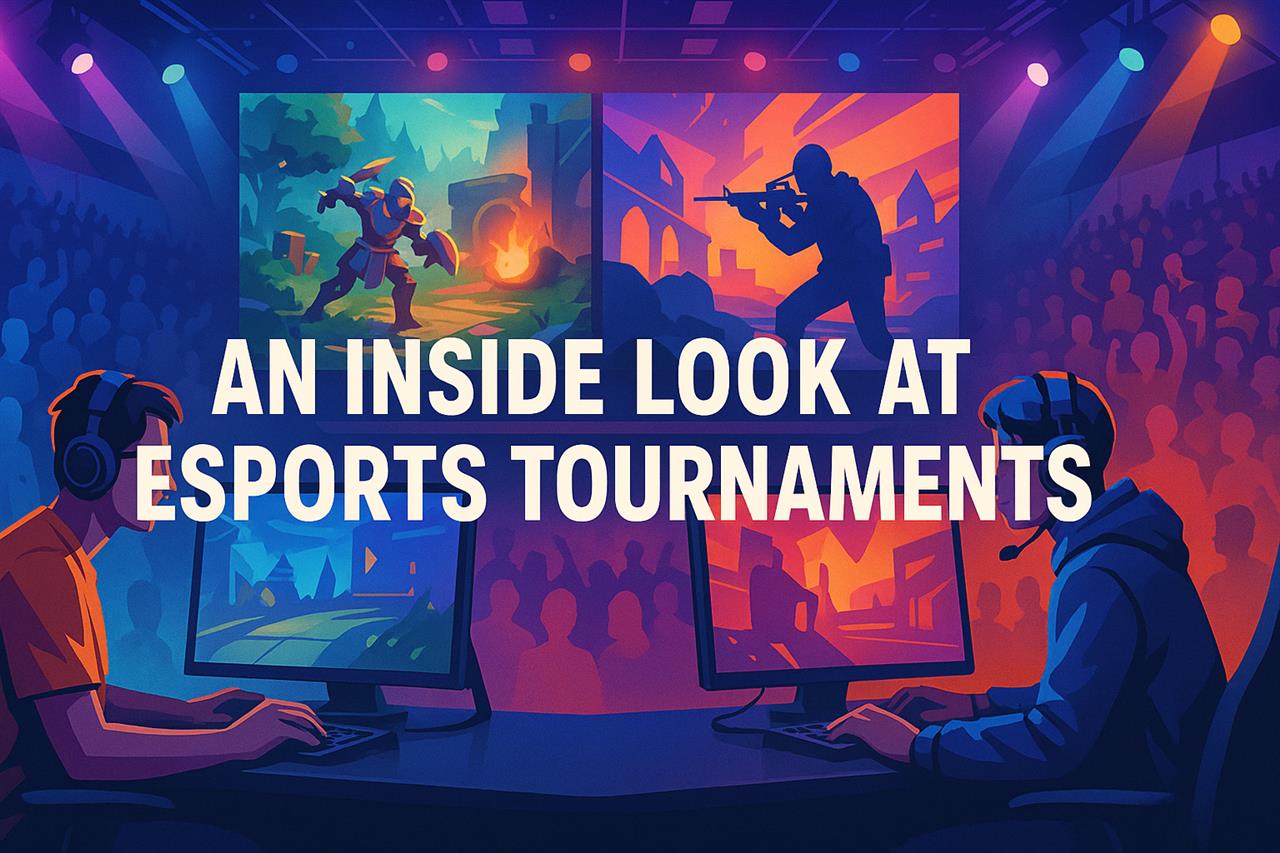An inside look at esports tournaments

In recent years, the esports industry has experienced explosive growth, captivating audiences around the world with competitive gaming. Esports tournaments have become a cornerstone of this digital entertainment revolution, offering thrilling moments, massive prize pools, and a sense of camaraderie among fans and players alike.
What Are Esports Tournaments?
Esports tournaments are organized competitive gaming events in which professional or amateur players compete in various video game titles. These tournaments can range from small community events to international championships that draw millions of viewers online and in-person.
Popular Game Titles
Several games have established themselves as staples in the esports world. Some of the most popular titles include:
- League of Legends - Known for its strategic gameplay and large international events like the World Championship.
- Counter-Strike: Global Offensive - A tactical first-person shooter with a long-standing competitive scene.
- Dota 2 - Famous for its massive prize pools, particularly at The International.
- Fortnite - A battle royale game that gained rapid popularity among younger audiences.
- Valorant - A newer tactical shooter that has quickly become a tournament staple.
Structure of Esports Tournaments
Esports tournaments can be structured in various formats, including single elimination, double elimination, round-robin, or a mix of formats. Organizers choose the structure based on the size of the event, the number of participants, and the game itself.
Local to Global
Events often begin at a local or regional level before progressing to national or global finals. This tiered approach helps in identifying the best players and teams while building community engagement.
Online and Offline Events
While many tournaments take place online due to accessibility and lower costs, major events are often held offline in large venues with live audiences. These offline events create an immersive experience and boost player performance due to the high-energy environment.
Prize Pools and Sponsorships
Esports tournaments attract significant financial investments through sponsorships, advertisements, and media rights. The prize money for these events can range from a few hundred dollars to multi-million dollar pools. For example, The International by Dota 2 regularly boasts prize pools exceeding $30 million, funded largely through community contributions and sponsorship deals.
Big Industry Players
Major brands like Intel, Red Bull, and Coca-Cola have stepped into the esports arena, sponsoring events and sometimes running their own tournaments. Their involvement not only legitimizes esports as a serious industry but also brings in more financial support and audience reach.
Impact on Careers and Communities
Success in esports tournaments can launch a professional gaming career. Players often go on to secure sponsorships, streaming deals, or coaching positions. Tournaments also serve as community landmarks, offering fans a chance to cheer for their favorite teams and engage with fellow enthusiasts.
A Pathway to Professionalism
Many players begin their journey in local tournaments and, through strong performance and visibility, progress to team recruitments and major league participation. This structured pathway opens doors to global fame and lucrative contracts.
The Future of Esports Tournaments
With technological advancements and growing mainstream acceptance, esports tournaments are projected to become even more prominent. Integrations with virtual reality, augmented reality, and enhanced broadcasting tools will likely elevate the viewing and competitive experience.
Moreover, educational institutions and governments are starting to invest in esports, suggesting a more structured and long-term future for competitive gaming. As the industry matures, tournaments will continue evolving, providing thrilling experiences and lucrative opportunities for players and audiences around the globe.